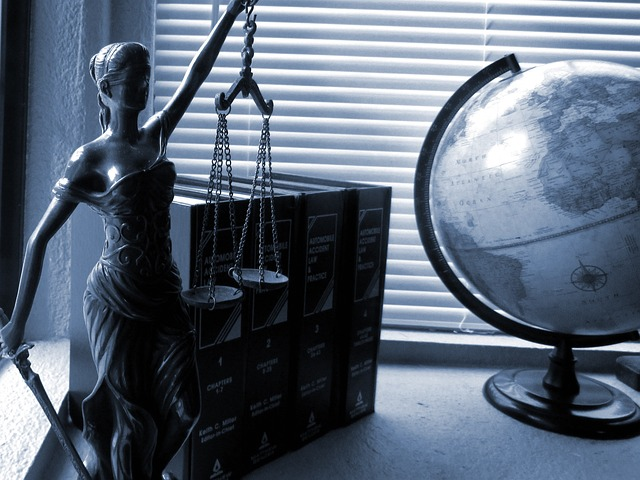
A criminal investigation is the initial stage of investigating a crime, finding evidence and identifying the perpetrators. A crucial step in ensuring justice and safety in society.
Through investigative techniques, evidence collection and forensic analysis, investigators gather information that can identify those responsible for crimes and bring them to justice. By discussing criminal investigation, we can raise awareness of the methods used to prevent and deter crimes.
Criminal investigations often require going through complex procedures, especially in cases of international scope. Using services such as https://rednoticearabia.com/services/blue-notice/ is crucial for resolving cross-border legal issues and ensuring accurate information exchange between jurisdictions, facilitating a fair and efficient judicial process.
What is criminal investigation?
Criminal investigation is the process of collecting, analyzing and interpreting evidence to solve crimes. It involves actions such as questioning, surveillance, forensic examinations and cooperation between police officers and experts in order to identify the perpetrators and ensure justice.
What are the stages of a criminal investigation?
The stages of a criminal investigation are regulated by the Code of Criminal Procedure. A police investigation is initiated by a competent police authority, such as the Civil Police. It is carried out with the aim of investigating the fact of a crime, identifying the persons and the circumstances of its commission.
At this stage, preliminary information about the crime is collected, including the statements of witnesses, victims and suspects, as well as the analysis of documents and other available evidence. The police authorities carry out measures such as inspections, examinations, searches and seizures, and wiretapping (with the permission of the court), which are aimed at collecting information and clarifying the facts related to the crime.
At the end of the police investigation, the police authority prepares a report summarizing all the actions taken, statements made and evidence obtained. The report is sent to the Ministry of Public Affairs.
The Public Prosecutor's Office analyses the final report of the police investigation and decides whether there are sufficient elements to file a formal complaint against those under investigation or whether it requests the closure of the investigation due to lack of evidence. If the Public Prosecutor's Office decides to file a complaint, criminal proceedings will be initiated before a court, which will continue the process with hearings, presentation of evidence and decision on the case.
It is important to underline that the procedure may differ in certain aspects, depending on the nature of the crime, the competence of the authorities and other specific circumstances. Furthermore, there are situations where the Public Prosecutor's Office may directly request preventive measures without having to initiate a police investigation, as in the case of domestic violence crimes.
What rights do suspects and accused persons have during a criminal investigation?
During a criminal investigation, suspects and accused persons have a number of fundamental rights that guarantee respect for their dignity, due process and protection from unfair treatment.
Suspects have the right to remain silent and not to provide information that could incriminate them. They are not obliged to answer questions from law enforcement or the prosecutor's office.
Suspects have the right to the assistance of a lawyer throughout the criminal investigation. This right ensures that they have proper legal advice and protection of their rights.
In addition, suspects have the right to be informed of the charges against them. They must receive a clear and detailed description of the facts that are being put forward so that they can properly prepare their defense.
Be aware that suspects cannot be forced to give evidence against themselves. They cannot be forced to confess to a crime or to provide any evidence that could incriminate them.
How has technology affected criminal investigations?
Technology has significantly affected criminal investigations by providing new tools and methods that help investigators at different stages of the process.
Technology has made it easier to collect evidence in various ways. For example, surveillance cameras and monitoring systems allow for the capture of images and videos.
In addition, advanced specimen collection devices, such as portable DNA collection kits, help preserve and collect biological evidence more efficiently. Technology has revolutionized forensic analysis, allowing for faster and more accurate analysis of evidence. DNA analysis tools and DNA databases help identify suspects and connect cases.
Read more: Protecting against property crimes